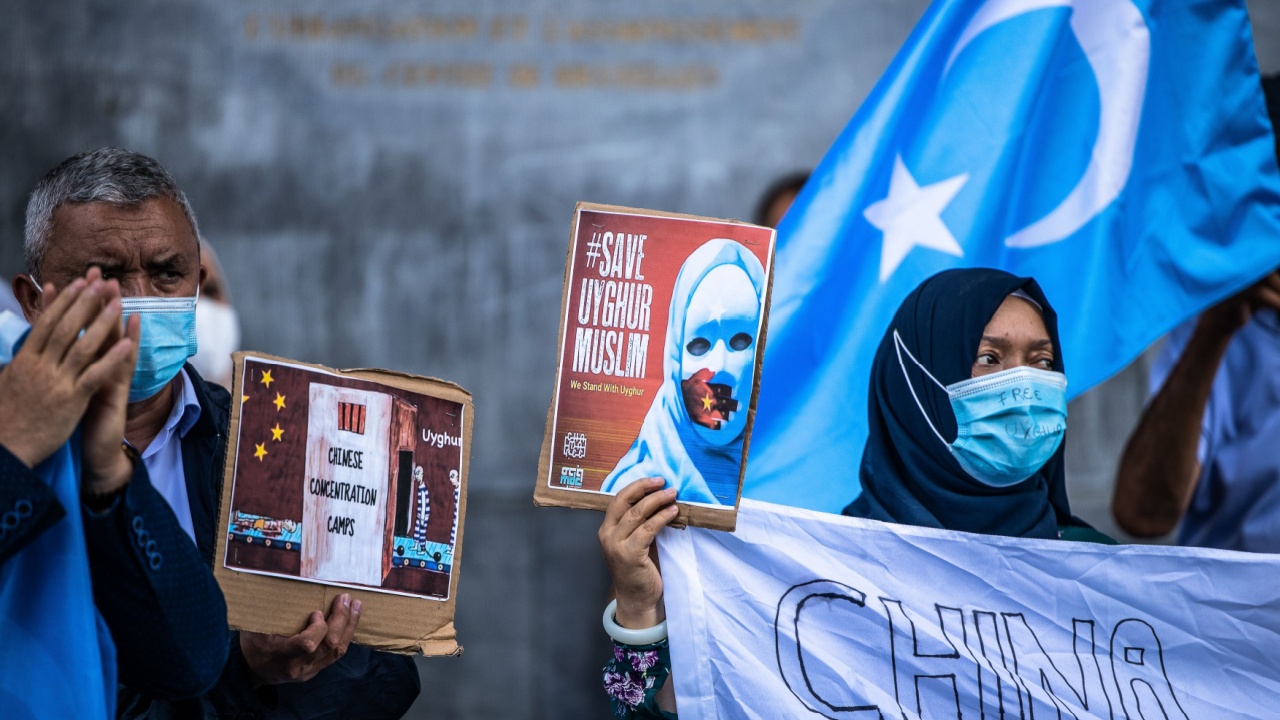Transnational repression, defined as a human rights violation aiming to suppress dissent and control diaspora communities, has long impacted those fleeing authoritarian governments, yet only recently gained significant public and legislative attention. This insidious form of control extends the reach of states like China beyond their borders, posing complex challenges for Western democracies seeking to uphold global human rights.
While direct violent attacks are rare due to diplomatic repercussions, Beijing frequently employs more subtle, yet equally coercive, tactics to silence critics and compel returns. These methods, part of China’s extensive surveillance and enforcement apparatus, include sophisticated computer hacking, doxxing, coordinated cyberbullying campaigns, and severe threats directed at victims’ families residing in their home country. Operations like Fox Hunt and Skynet serve as stark illustrations of these coercive techniques, reportedly leading to thousands of forced returns from numerous countries.
When formal legal avenues such as extradition or remote prosecution fail, the Central Commission for Discipline Inspection (CCDI), a powerful party agency operating above the Chinese judicial system, often resorts to extralegal “persuasion-ops.” These operations are notorious for imposing collective punishment on targets’ families and leveraging local diaspora communities to exert immense psychological pressure, effectively forcing individuals to comply with the PRC’s demands.
For years, human rights activists have tirelessly raised awareness about the pervasive nature of transnational repression, advocating for robust international responses. Only in recent years have key U.S. government bodies, including Congress, the Federal Bureau of Investigation (FBI), the Department of Justice (DOJ), and the Department of Homeland Security (DHS), significantly escalated their efforts to combat this chronically overlooked, non-conventional national security threat emanating from authoritarian regimes.
Amidst escalating Sino-American tensions, the Chinese government has broadened its interpretation of overseas interests to encompass its international image and the loyalty of its diaspora. Consequently, non-governmental organizations critical of China’s human rights record, such as Amnesty International, have been re-categorized as high-risk threats, prompting Beijing to announce a more holistic strategy involving a counter-sanction and interference legal framework, and improved mechanisms to “prevent, track down, and retrieve” perceived fugitives. This expansion highlights how China uses transnational repression as a tool in its broader hegemonic competition.
Washington urgently requires updated legislation to effectively counter the PRC’s whole-of-government approach to suppress overseas dissent. Current statutes, like Title 18 and the Foreign Agents Registration Act (FARA), are often inadequate, particularly when transnational repression targets individuals rather than institutions. FARA, originally enacted to counter Nazi influence, primarily focuses on protecting U.S. institutions and informing the public, often overlooking covert private actors and informal networks, such as Chinese Student and Scholar Associations (CSSAs), which can evade registration despite assisting in espionage and suppressing campus critics.
Recent bipartisan legislative efforts, including the Transnational Repression Policy Act and the SHIELD Against CCP Act, incorporate vital policy proposals from leading human rights organizations like Freedom House. These bills typically propose establishing dedicated task forces focused on terrorist and cybersecurity threats from China, creating a comprehensive database of incidents, and implementing stricter sanctions against perpetrators, reflecting a clear security-oriented approach that emphasizes national security.
Despite concerns about potential overreach, the securitization of transnational repression has successfully elevated this issue on the political agenda, garnering unprecedented attention and robust policy responses. However, this progress often comes at the expense of integrating progressive immigration reforms, which human rights advocates argue would reduce the vulnerability of asylum seekers and undocumented individuals to such coercion. The tension between a security-first stance and a more inclusive human rights approach remains a critical debate in shaping effective US foreign policy.
The rapid advancement in addressing transnational repression reflects a complex compromise between human rights advocacy and framing the issue as a national security concern in the context of a “new Cold War.” This strategic alignment has galvanized political will within a conservative, China-skeptical coalition, leading to tangible legislative action. Yet, it underscores a trade-off where a singular focus on eliminating PRC agents may inadvertently sideline broader humanitarian objectives and immigration system improvements.






Leave a Reply